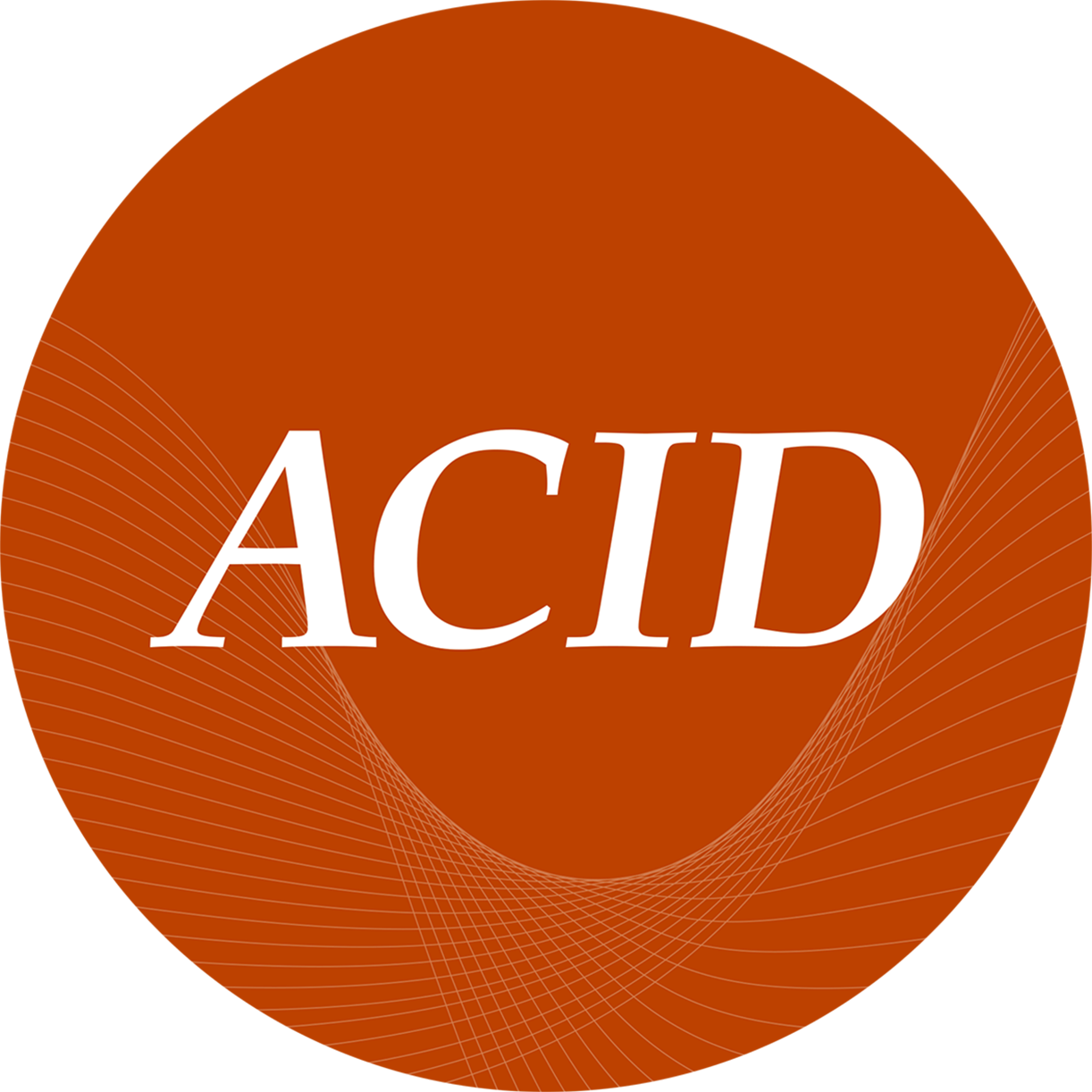Professor Hu Jiao, MD, PHD; Xiangya Hospital, Central South University. Immunotherapy has revolutionized the treatment landscape of bladder cancer, yet it faces challenges from high resistance rates and difficulties in achieving precise treatment. The applicant has conducted original research in developing innovative immunotherapy strategies, revealing mechanisms of resistance, creating sensitization strategies, and constructing precise models, thus enhancing the efficacy of immunotherapy and supporting personalized treatment. The aforementioned work has resulted in the publication of 20 SCI papers with the applicant as the first or corresponding author, of which 3 are highly cited according to ESI, and 7 have an impact factor greater than 10, including publications in journals like Cell Reports Medicine and European Urology. The applicant has led five projects, such as the National Natural Science Foundation of China Youth program, and has received four talent recognitions, including the National Postdoctoral Program for Innovative Talents, the Hunan Provincial Outstanding Youth in Natural Science Award, and the Hunan Province Top Talent program. Additionally, the applicant has applied for or been awarded four national invention patents. I have peer reviewed more than 100 papers, and was been invitated to be editors for several journals, such as iMeta, Scientific Reports, Discover Oncology, Frontiers in Immunology, and Frontiers in Genetics ect on. In the realm of immunotherapy resistance, acquired resistance is more widespread and poses greater harm, yet its mechanisms remain unclear, with a lack of effective intervention strategies and risk prediction models.To address these challenges, this project proposes to establish a multi-omics cohort for acquired resistance to immunotherapy in bladder cancer, to reveal the spatiotemporal characteristic changes in the tumor microenvironment during the formation of acquired resistance, to clarify the regulatory mechanisms of acquired resistance, to develop immunotherapy sensitizers that block acquired resistance, and to construct a risk prediction model for acquired resistance. This project aims to deepen the understanding of acquired resistance to immunotherapy and improve overall treatment efficacy. None. Exercising, reading.










